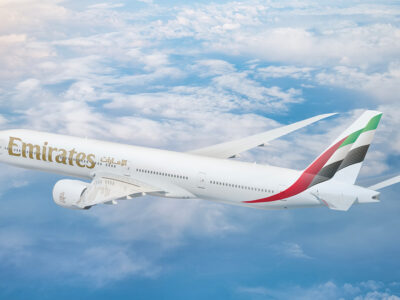As the world grapples with how to reset from Covid-19, with new strains threatening to dampen recovery, experts said women, vaccines and the private sector are needed to fuel green-focused growth.
“A green recovery has become an urgent need, coming at the top of the government priorities around the world,” Egyptian President Abdel Fattah El-Sisi said in a virtual address at the International Cooperation Forum in Cairo.
The world has been racing to achieve the UN’s sustainable development goals by 2030, but Covid-19 has hampered progress.
“No government alone can make this recovery possible, and we see the role of the private sector as pivotal in order to move forward to a sustainable future,” Sisi said, citing their ability to utilise blended finance, technology and digital transformation.
Despite the need to mobilise just one percent of the $379 trillion in the global economic system, only about 0.04 percent was mobilised in development funds in 2020 worldwide, said Dr. Khalida Bouzar, UN assistant secretary-general, assistant administrator of the United Nations Development Programme (UNDP) and director of the UNDP Regional Bureau for Arab States.
“We need to have policies that not only mobilise public financing but also private financing in support of the SDGs,” she said.
Embedded in the SDGs is gender equality and women’s empowerment, but Christine Arab, country representative for Egypt at UN Women, said that while women make up a third of the global workforce, during the Covid-19 pandemic, they also made up more than half of the job losses.
“Economic empowerment of women adds extensive benefits to the macroeconomy. It goes beyond the strategy of leaving no one behind,” Dr. Rania A. Al-Mashat, Egypt’s Minister of International Cooperation said.
 Dr. Rania A. Al-Mashat (C), Egypt’s Minister of International Cooperation.
Dr. Rania A. Al-Mashat (C), Egypt’s Minister of International Cooperation.
Beyond funding and getting women back into the workforce – or into the workforce for the first time – progress on the SDGs is contingent upon wider vaccine roll-out, which remains uneven globally.
Where some countries, like the UAE, have vaccinated 80 percent of their population, other countries, like some in Sub-Saharan Africa, have inoculated less than 1 percent of their population.
“If the world doesn’t get vaccinated, if Africa doesn’t get vaccinated, the continent will be unable to do business or attract foreign direct investment,” Solomon Quaynor, vice president of African Development Bank said at the Cairo conference.
In an ever-globalising world, lack of vaccine uptake can threaten supply chain lines and trade networks in case of a new wave of infection that forces border closures and flight disruptions.
The Gulf states’ economic interest in Africa deepened after the 2007-2008 financial crisis, according to analysis from Will Todman at the Centre for Strategic and International Studies.
In 2016, the UAE invested $11 billion in capital in Africa, surpassing Saudi Arabia’s investment. The UAE is also the largest GCC trader with the African continent.
The UAE imported roughly $5bn of goods from Africa each year from 2010 to 2015, but by 2019, imports hit $29.4bn, according to data from the Observatory of Economic Complexity that originated at the Massachusetts Institute of Technology.
“A successful vaccination campaign could help realise the benefits of the African Continental Free Trade Area – a single market with 1.2bn people and $3.4tr in gross domestic product,” he said.








